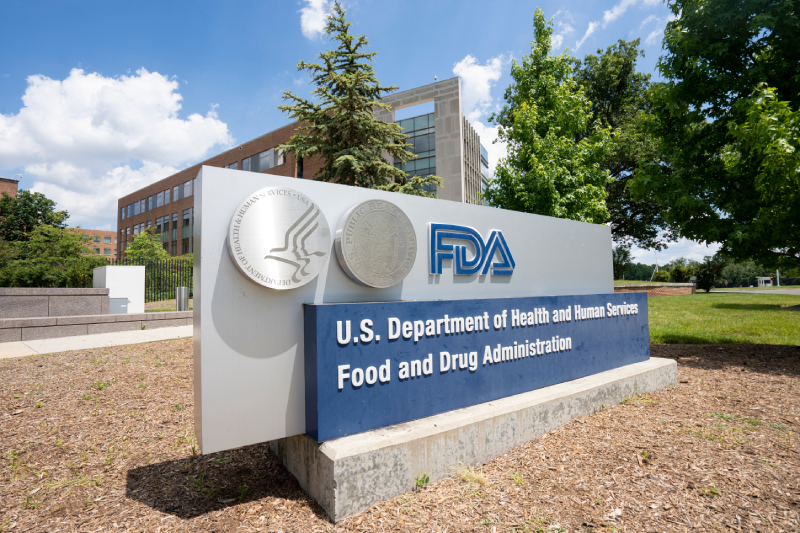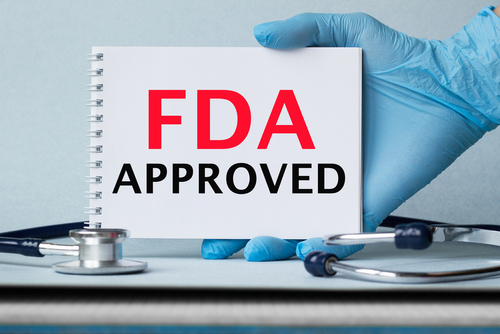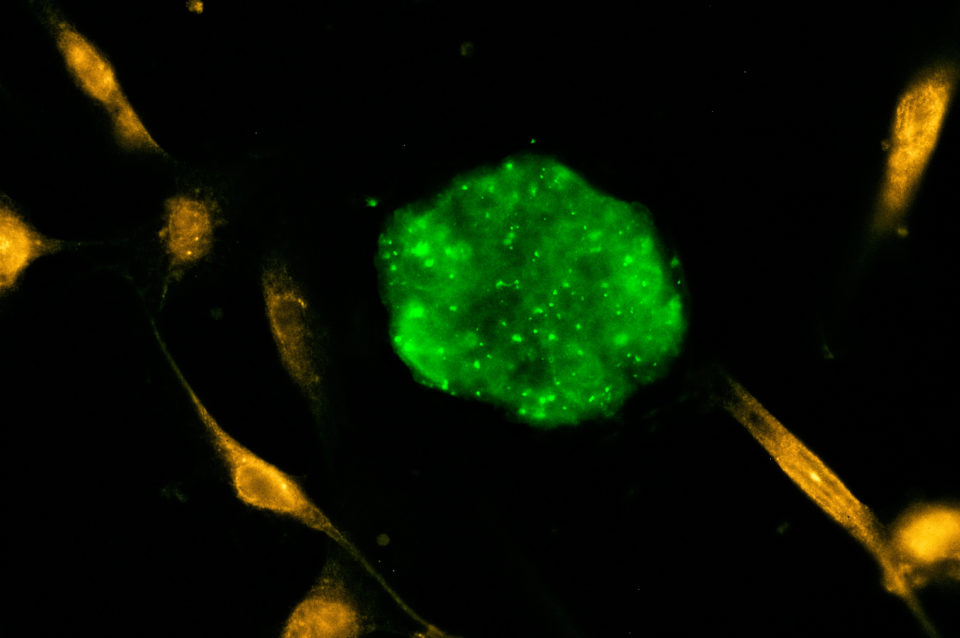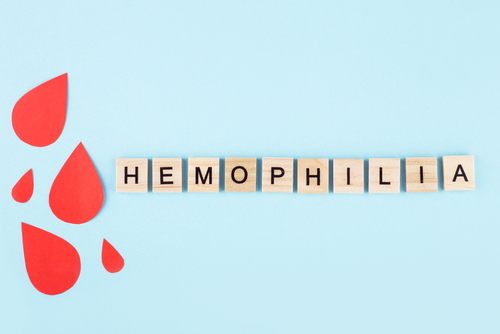
The FDA has granted approval to concizumab-mtci injection (Alhemo) for the prevention or reduction in frequency of bleeding episodes in patients aged 12 years and older with hemophilia A or B with inhibitors, according to an announcement issued by Novo Nordisk.1
Concizumab is a tissue factor pathway inhibitor antagonist available for subcutaneous injection with a 32-gauge, 4-mm needle. In a phase III clinical trial (explorer7, NCT04082429), concizumab prophylaxis effectively reduced the bleeding rate in patients with hemophilia A or B without inhibitors compared with patients who did not receive prophylaxis with concizumab. Results from explorer7 served as the basis for the FDA’s approval of concizumab, making the drug the first subcutaneous injection treatment available for this patient population.1,2
“I believe the key findings from the explorer7 trial are that the number of treated spontaneous and traumatic bleeding episodes demonstrated an 86% reduction in patients randomized to receive Alhemo prophylaxis as compared to standard on-demand treatment with bypassing agents in individuals with hemophilia A and B with inhibitors. In addition, 64% of patients randomized to receive Alhemo prophylaxis treatment experienced zero treated spontaneous and traumatic bleeds during the first 24 weeks versus 11% with no prophylaxis.” Amy Shapiro, MD of Innovative Hematology Indiana Hemophilia & Thrombosis Center told Heme Today.
“To date, no prophylactic agent has been specifically approved for hemophilia B with inhibitors, leaving this population more vulnerable to the long-term consequences of repeated bleeding,” Shapiro added.
A total of 133 patients with hemophilia A or B with inhibitors were evaluated in explorer7. Findings published in the New England Journal of Medicine showed an annualized bleeding rate ratio for treated spontaneous and traumatic bleeding episodes in patients who had no prophylaxis of 11.8 (95% CI, 7.0-19.9) compared with 1.7 episodes (95% CI, 1.0-2.9) in those who received concizumab prophylaxis (rate ratio, 0.14; 95% CI, 0.07-0.29; P<.001).2
The most common adverse events observed in patients treated with concizumab were arthralgia (10%), injection-site erythema (7%), and upper respiratory tract infection (6%).
Concizumab will be available as a 60-mg, 150-mg, or 300-mg injectable for patients with hemophilia A with factor VIII inhibitors or hemophilia B with factor IX inhibitors. A box warning notes that the safety and efficacy of this agent for patients with ongoing immune tolerance induction and for children younger than 12 years are unknown.
“The development of inhibitors remains the most serious treatment-related complication for people living with hemophilia. For patients with inhibitors, especially in hemophilia B, their hemophilia may remain poorly controlled and pose a life-threatening risk. The approval of Alhemo – a first-of-its-kind, prophylaxis, subcutaneous injection pen for adults and children 12 years and older with hemophilia A and B with inhibitors – provides a much-needed alternative to the current standard of care in hemophilia B with inhibitors while offering patients with hemophilia A with inhibitors more treatment options, ultimately providing more patients with inhibitors the opportunity to personalize their care and address current treatment gaps,” Shapiro stated.
References
- FDA approves Alhemo® injection as once-daily prophylactic treatment to prevent or reduce the frequency of bleeding episodes for adults and children 12 years of age and older with hemophilia A or B with inhibitors. Novo Nordisk. December 20, 2024. Accessed December 23, 2024.
- Matsishushia T, Shapiro A, Abraham A, et al. Phase 3 trial of concizumab in hemophilia with inhibitors. N Engl J Med. 2023;389(9):783-794. doi: 10.1056/NEJMoa2216455







 © 2025 Mashup Media, LLC, a Formedics Property. All Rights Reserved.
© 2025 Mashup Media, LLC, a Formedics Property. All Rights Reserved.